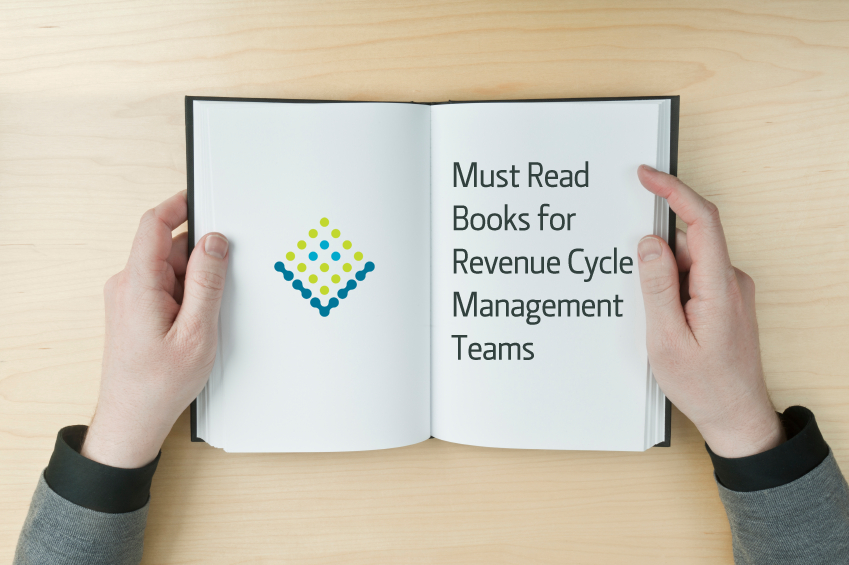Revenue Cycle Management Teams continue to stare down a monstrous business agenda. System conversions (pre and post), new business platforms (like ICD-10), acquisitions, consolidations, navigating the Affordable Care Act, and compression (shrinking revenues coupled with increased expenses) are just some of the difficult and complex jobs that make up most provider’s ‘to do’ list. No deus ex machina, no silver bullets, and no superheroes to save the day – winning will simply require a lot of calculated (tough) decisions and a lot of hard work.
As it is with sporting events and political campaigns, intangibles and soft skills will play a big role in determining whether leaders and managers within Provider organizations win. So looking at the keys to success for Revenue Cycle Management Teams – and in the category of intangibles and soft skills -- I see three elements that are musts:
- Leadership
- Change
- Change Management














